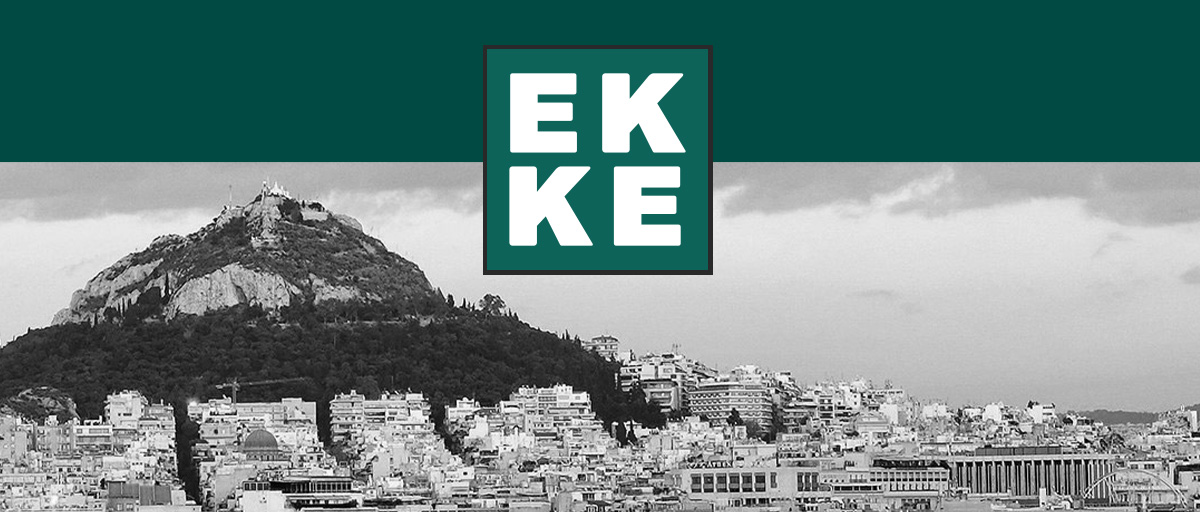|
Νέο Ερευνητικό Σεμινάριο του Εργαστηρίου Πολιτικής Κουλτούρας και Συμπεριφοράς: Ομιλία του Seongcheol Kim στο ΕΚΚΕ
Το Εργαστήριο Πολιτικής Κουλτούρας και Συμπεριφοράς του ΕΚΚΕ εγκαινιάζει
το νέο του Ερευνητικό Σεμινάριο με την παρουσίαση του Seongcheol Kim, Μεταδιδακτορικού Ερευνητή στο Πανεπιστήμιο
της Βρέμης, με θέμα "What is authoritarian institutionalism? A comparative
perspective". Η παρουσίαση, στην αγγλική γλώσσα, θα γίνει την Πέμπτη,
22 Φεβρουαρίου 2024, 12:00 με 14:00, στον χώρο του ΕΚΚΕ (Κρατίνου 9),
στην Αίθουσα Εκδηλώσεων (8ος όροφος) και είναι ανοιχτή στο κοινό. Ιδιαίτερα
ενθαρρύνονται να παρακολουθήσουν μεταπτυχιακοί φοιτητές/τριες και διδακτορικοί
ερευνητές/τριες. Ο Seongcheol Kim είναι μεταδιδακτορικός ερευνητής στο Ινστιτούτο Διαπολιτισμικών και Διεθνών Σπουδών του Πανεπιστημίου της Βρέμης. Η έρευνά του εστιάζει στη μελέτη των πολιτικών κομμάτων, της ιδεολογίας και του πολιτικού λόγου και στα κοινωνικά κινήματα, υιοθετώντας μια ευρεία συγκριτική σκοπιά που καλύπτει την κεντρική και ανατολική, όπως και τη νότια και δυτική Ευρώπη.
Περίληψη: This
presentation first develops an understanding of authoritarian institutionalism
as a concept, drawing on the notion of institutionalism from Ernesto Laclau’s
discourse theory as well as considerations from my previous work on
authoritarianism as a form of discursive practice. It then proceeds to apply
the concept of authoritarian institutionalism for understanding the "hybrid” or
semi-authoritarian ruling practices of parties such as Fidesz in Hungary since
2010 and Law and Justice in Poland from 2015 to 2023, outlining an integrated
view of how political culture, institutional practices, and the construction of
collective identities in these ruling parties’ discourses have developed in
government. Finally, the presentation explores how the concept of authoritarian
institutionalism might contribute toward understanding processes of autocratic
consolidation in Putin’s Russia, from so-called "managed democracy” in the
2000s to the increasingly repressive political conditions in the context of
Russia’s full-scale war against Ukraine.
|







